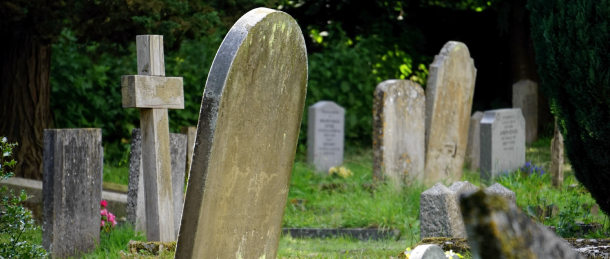The favourable tax rules for assets supporting a pension can continue to apply even if they have been rolled back into accumulation phase in order to facilitate a death benefit payment, a technical manager has said.
According to SuperConcepts SMSF technical support executive manager Nicholas Ali, this can be the case as long as the death benefit is paid “as soon as practicable”, commonly considered to be within six months of the member passing.
Ali pointed out a deceased member’s pension sometimes needs to be rolled back into accumulation phase to facilitate a lump sum payment because the nominated recipient is ineligible to receive a death benefit pension.
He added the situation can raise concerns over triggering potential capital gains tax (CGT) liabilities if a large asset, such as a property, has to be sold for the lump sum death benefit to be made.
“So long as the lump sum is paid out as soon as practicable, the fund will still be considered a pension fund and the sale of that asset will not incur [CGT],” he explained to advisers during a recent technical webinar.
“That’s big because when you think of all the assets in a fund, if your fund was in accumulation mode now and subject to capital gains tax at the fund rate, how much capital gains tax would you pay? Potentially that [money] could be saved because of this not-often-understood piece of legislation.”
However, this legislative concession did not mean no tax would be payable in this situation, he warned.
The beneficiary would still have to pay tax on the taxable component of the lump sum, which would be levied at 15 per cent plus the Medicare levy for individuals, he noted.
Further, he acknowledged the benefits of this aspect of the legislation extend beyond the initial capital gain the asset in question may have delivered.
“Earnings from the date of death until the date the [benefit] is paid out will also be exempt from tax,” he said.
“[But] we really need to be mindful of the way that this legislation works because if you get it wrong, and you don’t pay out the benefit as soon as practicable, things can go awry quite quickly.”




